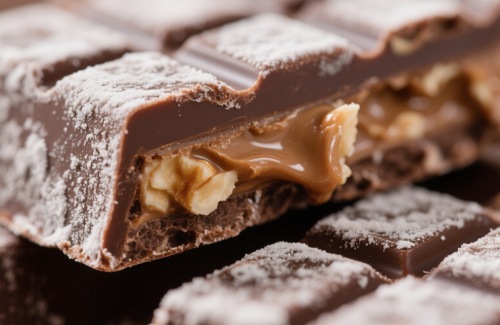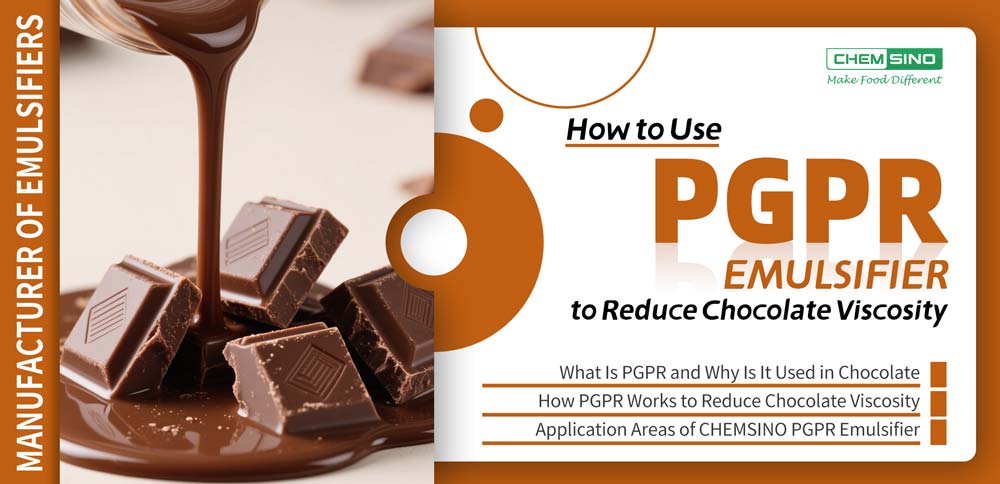- Home
-
Products
Emulsifier List
- Application
- Gallery
- News
- Blog
-
About Us
About Us
- Contact Us








 in Food Production.jpg)
 in Ice Cream(1).jpg)
